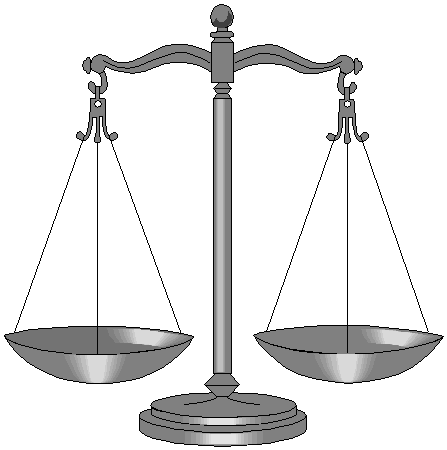

Controversial FL Judge Claims Legislature does not
Have Power to Make "Stand Your Ground" Law
![]()

By Dean Weingarten. July 5th, 2017
Article Source
Controversial Miami-Dade Circuit Judge Milton Hirsch, intensely dislikes the "Stand Your Ground" concept. He ruled the legislature does not have to power to regulate the "Stand Your Ground" law.
The Florida legislature passed a reinforced "Stand Your Ground" law in 2017. The new law stems from prosecutorial abuses, where people who are clearly justified in using force for self defense, are put through the criminal justice system, even though the chance of a conviction in the courts is slim.
People charged with a crime faced years of court costs and uncertainty. It is punishment by process. The legislature removed power from the prosecutors and gave it to judges, to prevent this kind of abuse.
"Stand Your Ground" laws have been popular. Two thirds of the States have similar law. The elimination of a requirement to retreat in the face of deadly force has long precedence in the United States, starting with a Supreme Court ruling in 1895.
Judge Hirsh' decision cites English precedence to the effect that there is a requirement to retreat, and some American cases, but completely ignores the 120 years of precedence in the Supreme Court that supports the Stand Your Ground law. It shows Judge Hirsch' bias. From Miamiherald.com:
Hirsch found that the changes to the law were "procedural," meaning only the Florida Supreme Court has the right to make them.
The ruling cites this part of the Florida Constitution, and makes the claim that the Legislature is changing a rule of the court, rather than making a law. From Ballotpedia.com:
Text of Section 2:
Administration; Practice and Procedure
(a) The supreme court shall adopt rules for the practice and procedure in all courts including the time for seeking appellate review, the administrative supervision of all courts, the transfer to the court having jurisdiction of any proceeding when the jurisdiction of another court has been improvidently invoked, and a requirement that no cause shall be dismissed because an improper remedy has been sought. The supreme court shall adopt rules to allow the court and the district courts of appeal to submit questions relating to military law to the federal Court of Appeals for the Armed Forces for an advisory opinion. Rules of court may be repealed by general law enacted by two-thirds vote of the membership of each house of the legislature.
A former prosecutor and current member of the legislature, Senator Rob Bradley, disagrees. He is the author of the law. He believes the appeals court will overrule Judge Hirsch. From usf.edu:
But, Sen. Rob Bradley (R-Fleming Island)--the new law's author--disagrees.
"I would be surprised if it were upheld on appeal," he said.
If the courts rule that the Florida Legislature overstepped its authority in this case, an alternative would be to reform the law by making it similar to law in Washington state. In Washington, if a defendant is found not guilty after a self defense claim is made, the state pays the court costs and legal fees of the defendant. This would be another check on the power of prosecutors to punish defendants with process costs.
©2017 by Dean Weingarten: Permission to share is granted when this notice and link are included. Link to Gun Watch.
"Stand your ground" and "Castle doctrine" have both been criticized in the past, but, while the ideal choice in any dangerous situation is to try and retreat, in a vast number of cases this is totally impossible without risking injury or death. Of course, such laws can be abused but overall they are definitely necessary, in particular because after a proven lawful defense shooting there should not be the drawn out liability of a civil suit, let alone a full scale criminal case when self defense facts are clear and irrefutable.
![]()

























